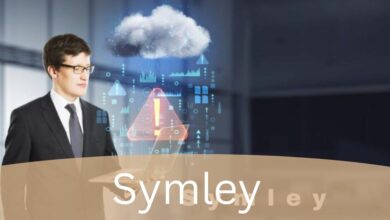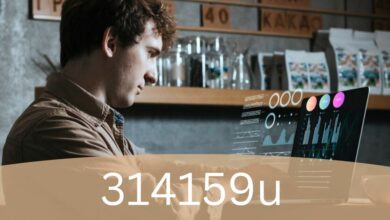How Machines Are Changing the Way We Create and Hear Music

The rise of artificial intelligence in the music industry is revolutionizing the way artists compose, produce, and distribute their work. AI-driven tools are making it easier than ever to generate melodies, harmonize vocals, and even create entirely new genres. From independent musicians to major record labels, everyone is exploring how AI can enhance the creative process. Whether it’s simplifying music composition or enabling personalized listening experiences, technology is reshaping the landscape of modern music. One of the most exciting developments in this space is producing your own text to music generator AI, which allows users to convert written descriptions into full-fledged compositions.
AI-Powered Music Composition
AI algorithms are capable of analyzing vast amounts of musical data to generate original compositions that mimic human creativity. By recognizing patterns in melodies, harmonies, and rhythms, AI can assist artists in creating fresh sounds. Some AI-powered platforms even allow users to input emotions, themes, or instruments, tailoring compositions to specific needs.
Notable Examples
- OpenAI’s MuseNet: Capable of generating compositions in various styles and genres.
- AIVA (Artificial Intelligence Virtual Artist): Used by composers to create orchestral pieces.
- Google’s Magenta Project: Focuses on using AI to push the boundaries of music production.
Enhancing Music Production with AI
Beyond composition, AI is streamlining music production, allowing for more efficient workflows and improved sound quality. Some ways AI is enhancing production include:
- Automated Mixing and Mastering: AI tools like LANDR and iZotope use machine learning to deliver professional-quality mastering.
- Intelligent Sound Design: AI-powered synthesizers can generate unique sounds tailored to specific genres.
- Real-Time Collaboration: Cloud-based AI platforms enable musicians to work together seamlessly across distances.
AI in Personalized Music Experiences
Streaming services leverage AI to curate music recommendations, ensuring listeners receive content tailored to their preferences. Platforms like Spotify and Apple Music analyze user behavior to create personalized playlists, helping users discover new artists effortlessly. AI is also being used to develop adaptive music experiences where soundtracks change in real-time based on user activity, such as during workouts or meditation.
Ethical and Creative Considerations
While AI opens up new possibilities, it also raises concerns about originality and ownership. Key issues include:
- Who owns AI-generated music? Current copyright laws struggle to address this emerging landscape.
- Does AI hinder human creativity? Some argue that relying on AI could lead to homogenized and less emotionally-driven music.
- Ethical AI training: Ensuring AI models are trained on licensed and fair-use content remains a challenge.
The intersection of artificial intelligence and music is creating unprecedented opportunities for artists and listeners alike. Whether through AI-generated compositions, intelligent production tools, or personalized listening experiences, technology is changing how we create and hear music. As AI continues to evolve, the key will be balancing innovation with artistic integrity, ensuring that technology enhances—rather than replaces—human creativity.



